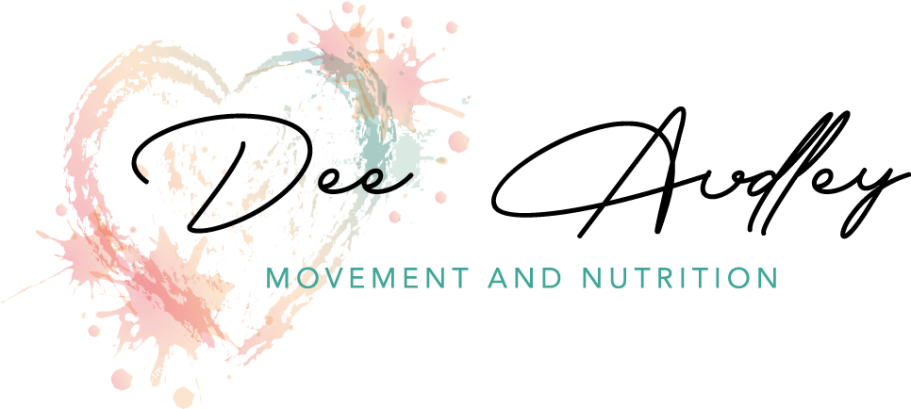May - Mental health & mood
As May is Mental Health Month, there were many individual stories being shared, companies offering support, commitments to change from organisations - all sprinkled with countless inspirational quotes (of which I am actually a big fan!) across social media.
What have you been able to take away as a resource, suggestion or tool that you could use daily to improve your own mental health? Having wellbeing tools can be a useful way to grow your routine of self care, work/life balance and add to your emotional robustness in general.
Last month, I held a talk that focused on ‘Wellbeing at Work Day’ here in Ireland. Some of the staggering statistics I outlined in my presentation reveal a concerning correlation between work habits and mental health:
- 18% of firms reported employee absenteeism due to mental health reasons, with this figure rising to 40% among larger firms (50+ employees)
- 27% of Irish businesses reported instances of presenteeism (attending work when you are unwell), leading to reduced productivity and increased burnout
- Mental health issues are estimated to cost the Irish economy approximately €11 billion each year
- Only 20% of Irish employers have a dedicated budget for mental health and wellbeing initiatives
- 80% of employers are not investing in workplace mental health supports, despite 76% acknowledging that employee mental health and wellbeing is their responsibility.
The idea of mental health has become a buzzword in recent times. However, there is a clear disparity between the idea of our employer’s “buy in”, and the growing challenge to maintaining a healthy work-life balance. More work needs to be done on a national, and global scale, but what can we do to look after ourselves and recognise our needs?
The SMILES study shows clear improvements of depression symptoms in a controlled group with dietary interventions, compared to that of a group with social interventions. This dietary intervention was based on increasing the intake of fruits, vegetables, whole grains and more health foods to achieve better mood outcomes, and lower depression scores. Our dietary choices play a powerful role in influencing our mood and overall mental wellness.
There is also an abundance of research linking regular activity and movement with improvement in mood, depression symptoms, stress management and sleep all that support a calmer body and mind. 150 minutes a week of steady state, like fast walking, exercise a week across 5 days OR 75 minutes within a week of higher intensity across 3 days show the most consistent benefits.
The regularity and consistency of these behaviours are the key to creating and maintaining a more caring life for yourself and make you more resilient to those times of stress or one-off inconveniences that we can’t always avoid.
not always easy to create these new routines and exercises solo. If you feel the need for a mental or nutritional reset, guidance, accountability and support - reach out and I will be delighted to connect with you.

Join mailing list
Transform Your Health – Get Expert Nutrition Tips Delivered Monthly
You can have access to exclusive tips, recipes, and wellness guides and be the first to receive special offers and insider content.
Your Privacy Matters – We’ll Never Spam You or Share Your Information.
